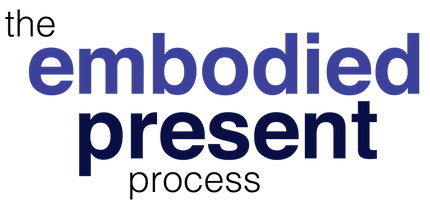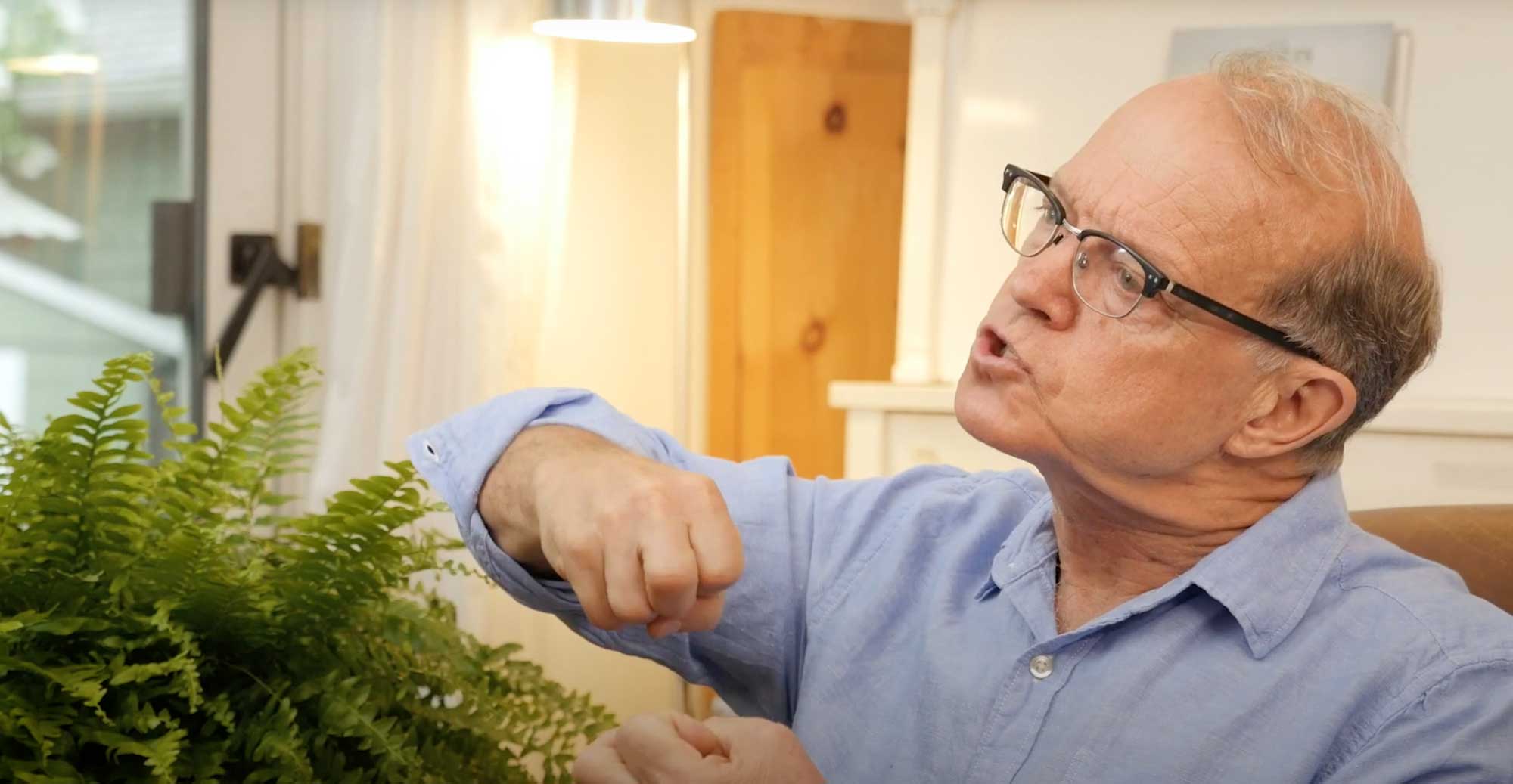There’s no getting away from your body – but getting along with it can sometimes feel like managing a troubled marriage.
And that’s understandable because we are taught to live in our heads, not our bodies.
But the body harbours a deep resource of grounded, calm intelligence. Once you access that resource and learn to rest within it, you find yourself at peace in the present, and clear about your next step.
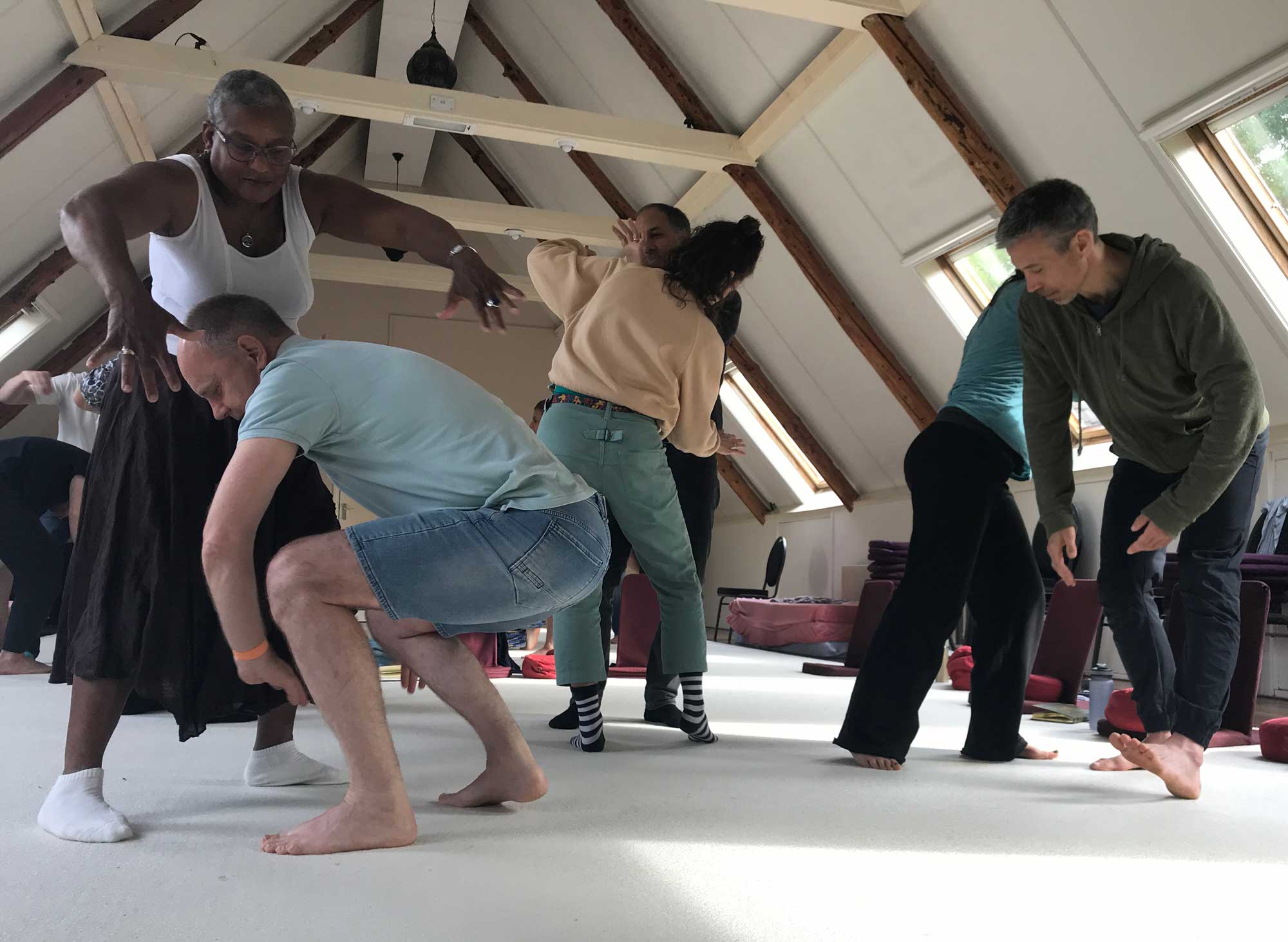
Ultimately, the freedom you seek lies within you
Your freedom lies within you, because that’s where the barriers to your freedom lie. You have actually been taught to erect those divisions. Our culture has taught you, for example, to separate your thinking from the body and confine it to the head. It’s basically instructed you to install a barrier at the neck, shutting the body into darkness. But your body teems with intelligence. It processes a billion times more information than you can be consciously aware of. Your body feels the currents of the world with every cell. To join the body is to arrive in the present; to disconnect from the body is to unmoor yourself from the present.
The body enables you to feel your living relationships with the world around you. What the body most deeply understands is its kinship with waves and stars, with birdsong, mountains, beetles and trees. If you cannot feel your kinship with the world, you will instead feel disconnected, alone and anxious. There is no alternative.
The partitions of the box all live within the body. If you could begin to understand what your body understands, the world would unlock itself for you. TEPP provides you with the keys to make that possible.

Workshops & Trainings
Check out our list of all upcoming events, from in person and virtual workshops to our year-long facilitator trainings.
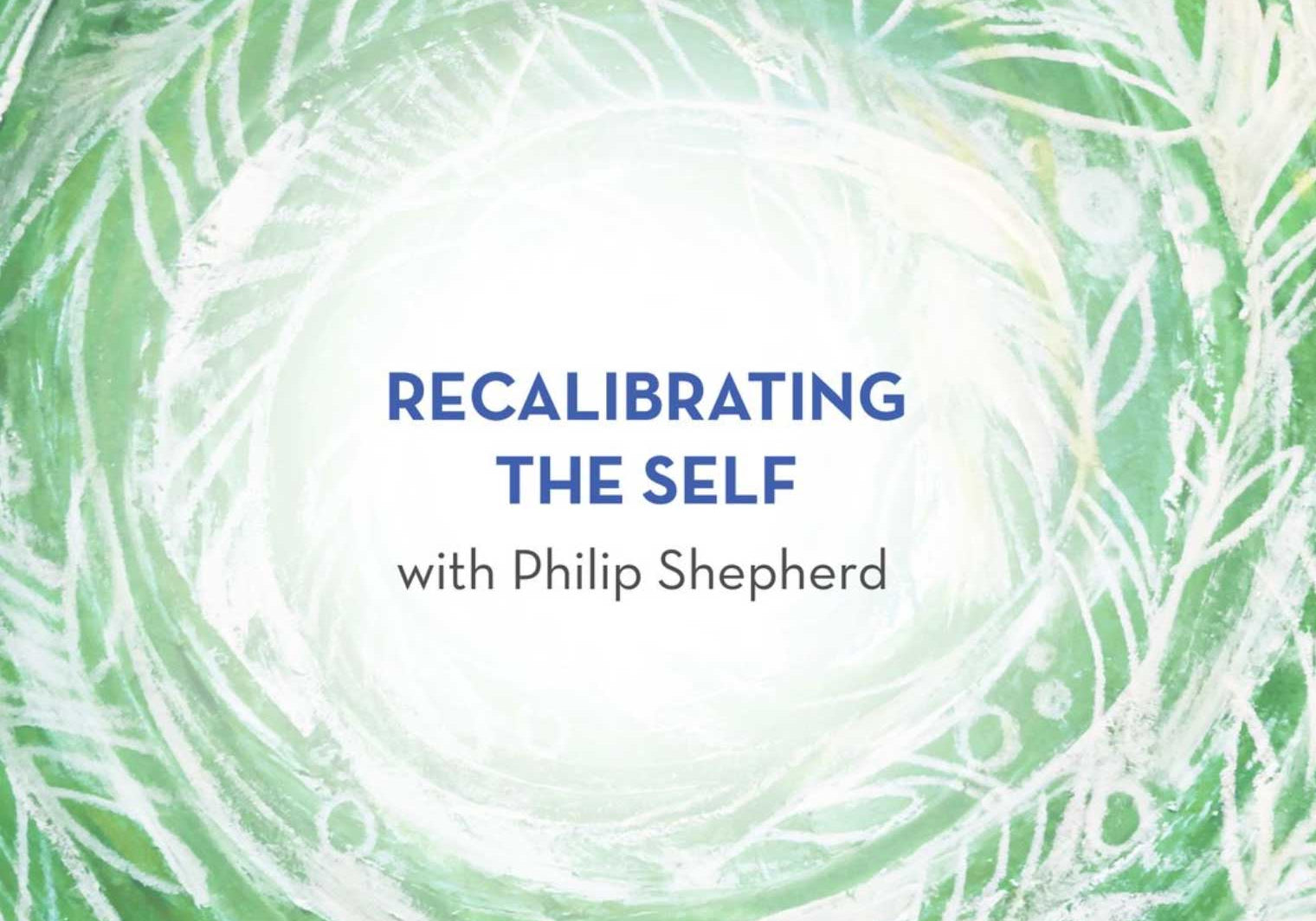
Online Courses
We offer several online learning opportunities, such as the 8 Essential Embodied Meditations, the Recalibrating the Self 28-day course, and our TEPP Membership.

TEPP Community
Join our global gathering place to enable conversation, exploration and connection on the themes of embodiment, wholeness and presence.
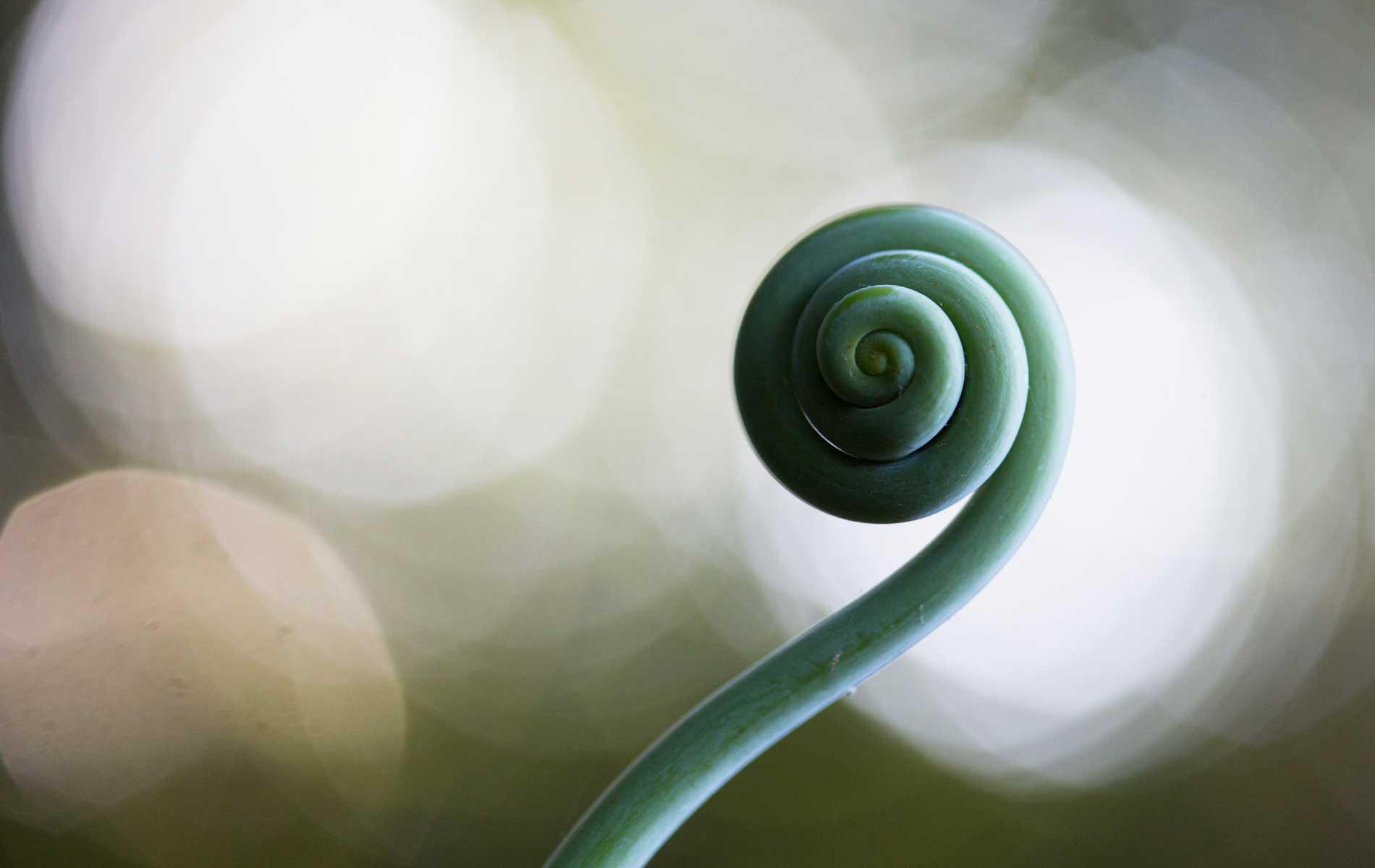
Coaching
TEPP™ co-directors Philip Shepherd and Allyson Woodrooffe offer individual coaching to help you navigate the elusive journey to wholeness.
What makes TEPP different?
1. TEPP places the body’s intelligence front and center. Most modalities, without realizing it, are top-down.
We are immersed in a culture that lives in the head, thinks in the head, issues instructions to the body from the head, and is resolutely top down in its relationships with the world. Many body-centered modalities instruct us about what we should do with the body and how, and often what we should feel as that happens. The intention behind such modalities is benign, but they inadvertently reinforce the top-down primacy of idea over sensation; as such, they further estrange us from the body’s intelligence. This matters deeply, because the body’s intelligence is attuned to the present and holds within it a realm of subtle awarenesses – the very awarenesses that enable us to be present, to connect with our deepest truth, and to harmonize with the world around us.
2. TEPP uniquely recognizes the cultural patterns that inhibit our responsiveness to the world, and helps us past them.
When you are raised in a culture, you absorb its story about what it means to be human. You do so when you are still too young to question it or distinguish the interpretation from the reality. The primary reality of our world is its unbroken wholeness. But our culture systematically desensitizes us to wholeness, so that by the time we are adults we struggle to feel the wholeness of our lives, the wholeness of the self, the wholeness of the present or the wholeness within which each of our actions is embedded. To be desensitized to wholeness is to be desensitized to reality itself. Untethered in that way, our lives feel driven, disconnected and anxious. The source of our disconnection lies in cultural patterns of tension held within our bodies. TEPP addresses those patterns and helps us gently undo them.
3. TEPP shows you how to land in the body, and so too how to land in the present.
There is a growing recognition in our culture that we need to become embodied, and there are many modalities that offer to help us with that. Products of our culture, many of those modalities encourage us to sit in our heads and merely notice the body: to notice its sensations, its breathing, its energy – all of which affirms our ‘outsider’ status regarding the body. Some modalities offer a generalized injunction to ‘be’ the body, without mapping out its different realms of intelligence. Nor do they distinguish where in the body’s intelligence we can locate the ground of our being, and how we can come to rest there and centre our awareness there. TEPP offers specific practices that clarify that process, and shows that when you are able to rest in the body, on the ground of your being, you are also able to rest in the present.
4. TEPP considers the voice to be an essential part of embodiment.
Most embodiment modalities neglect the voice – and that would be fine if humans weren’t such verbal creatures. But if the voice isn’t able to access and rise from the whole of your being, you will lose wholeness every time you speak. Furthermore, there are explorations of embodiment that are only accessible with an exploration of the voice. To truly ease into the wholeness of the body and allow the voce to arise from there is at the same time to experience the wholeness of the Present – even as you are speaking.
5. TEPP guides you from self-consciousness to world-consciousness.
Our culture assures us that if we can become skillful enough at supervising the self; if we can find the right ideas by which to guide our lives; if we can arrange the self and the world around us correctly, then things will work out. But those assurances make us spectators on our own lives – trapped in self-consciousness, trying to ‘get it right’. In the essential aloneness we feel, our primary task in life becomes the management of the self to achieve happiness; and our primary relationship in life is with the self we are managing. But consider this: when you hold the spotlight of your attention on the self, you cast the teeming present to which you inescapably belong into darkness. You sever your relationship with the mindful whole and with the guidance it whispers in every moment. The work of TEPP enables you to escape the self-consciousness of our culture and discover the relief and spaciousness and ease of allowing your attention to dilate into the present and live in its companionship.
6. TEPP reconnects you with the core of your being, helping to heal the deepest wound our culture has inflicted.
Our culture systematically severs our thinking from our being. That separation, that wound, is the over-arching lesson taught by our primary education system: our children are made to sit still and suppress the body’s energy (which is indistinguishable from its intelligence) while they fill their heads with the right answers. So it is that each of us learns and comes to believe that you can think more clearly if you contract your thinking into the head and segregate it from the body’s energy. Eventually you come to forget what it is to think with the whole of your being. When that contraction becomes normal, it creates imbalance in your thinking, your being and your life. To reconnect with the core of your being is to come home to your centre, and come back into balance. This ‘core’ is not the core of Pilates: it is an awakened centre of awareness deep in the pelvic bowl that thinks and perceives hand-in-hand with the mindful present. It expresses the unity of your thinking and your being. It is the still centre of your life: your truest source of clarity, strength and security. The practices of TEPP uniquely put you in touch with that vital centre.
7. The practice of TEPP belongs in your daily life – it doesn’t require a separated, dedicated time or space.
TEPP is designed to thrive when it is brought into your everyday life. Its practices belong at your kitchen sink, while you’re washing dishes. They belong in the aisle of the grocery store, or in a chat with a friend. When its practices find their way into your most commonplace activities, they impart a spaciousness to your life that opens it to a deeper harmony – a harmony you don’t possess, but belong to.
Meet the TEPP Team
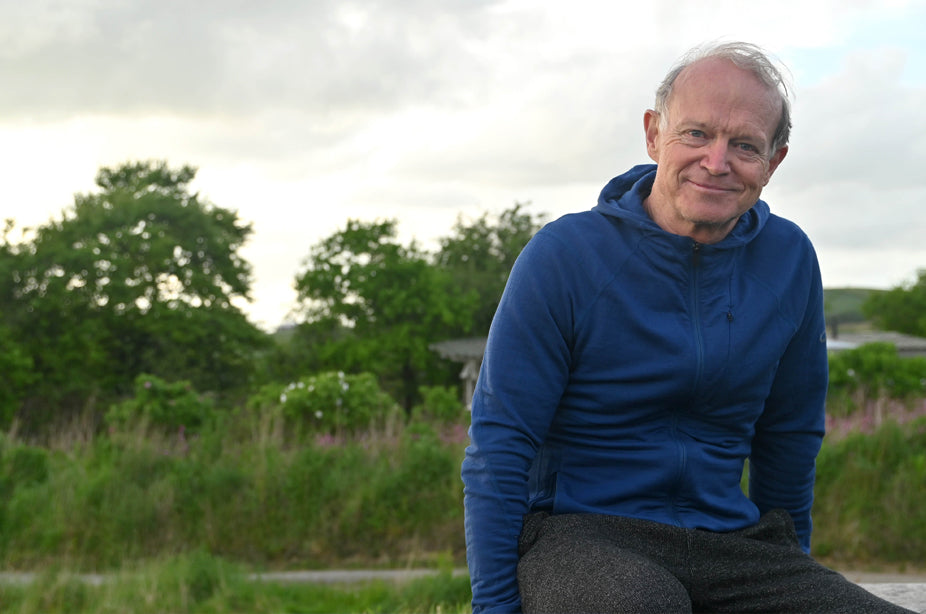
Philip Shepherd
Author, Actor & Embodiment Facilitator
Philip Shepherd is recognized as a leader in the global embodiment movement. He is the founder and co-director of The Embodied Present Process™. Philip developed his unique techniques to transform our disconnected experience of self and world. HIs practices are based on the vision articulated in his celebrated books, New Self, New World (2010) and Radical Wholeness (2017), as well as his newest book, Deep Fitness (2021), which was co-authored with Andrei Yakovenko. He leads workshops around the world, creating a network of people practicing embodiment.
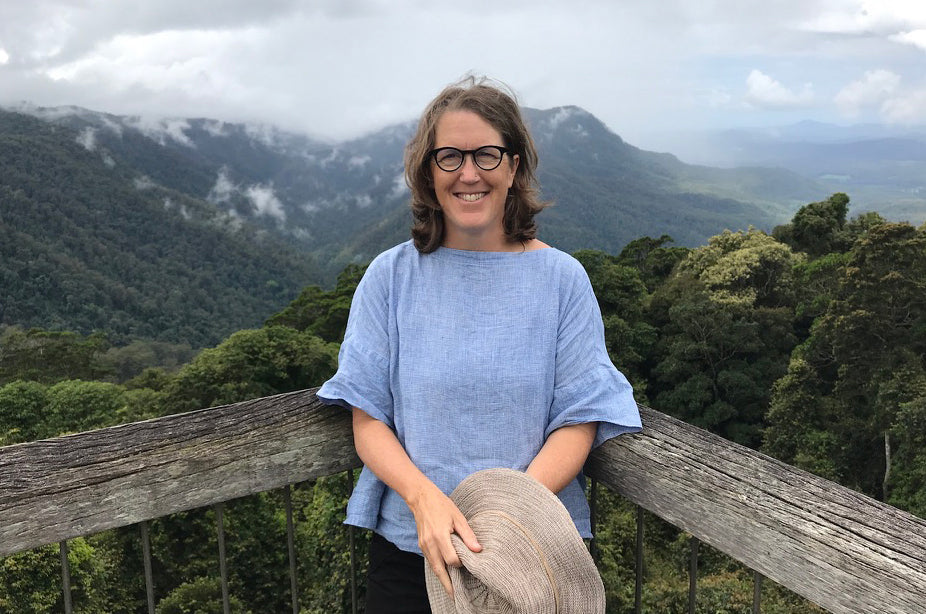
Allyson Woodrooffe
Certified Coach & Embodiment Facilitator
Allyson Woodrooffe is the co-founder of The Embodied Present Process™, and is also certified as a Co-Active Professional Coach. She brings the strengths of both modalities and her natural compassion and embodied intuition to the work she does, which is dedicated to helping women move into an embodied clarity in which anxiety is eased and a grounded resilience discovered.
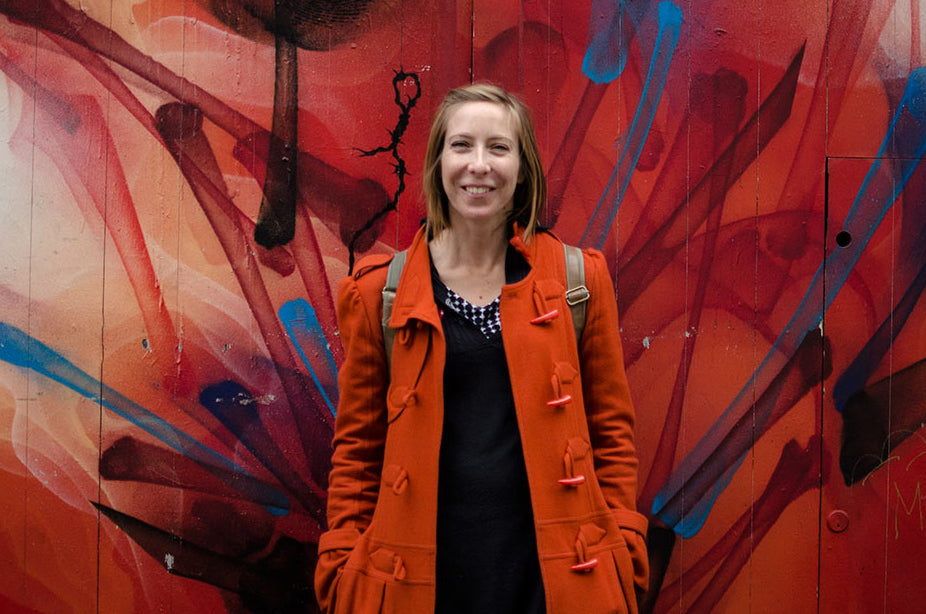
Niusia Winczewska
Marketing Communications Manager
Niusia is a communications, branding and marketing specialist for purpose-led businesses, charities & non-profits with over 18 years’ experience in the UK, EU and South Africa. She holds two MA's in Information Design and after working in the corporate, retail and advertising sector for eight years, she redirected her corporate career into promoting and working with more socially, environmentally and ethically-focused projects that felt truer to her values, and has been working with initiatives ranging from retreat centres, food growing and climate action projects, to holistic health and wellness, eco-psychology and embodiment practitioners ever since.
